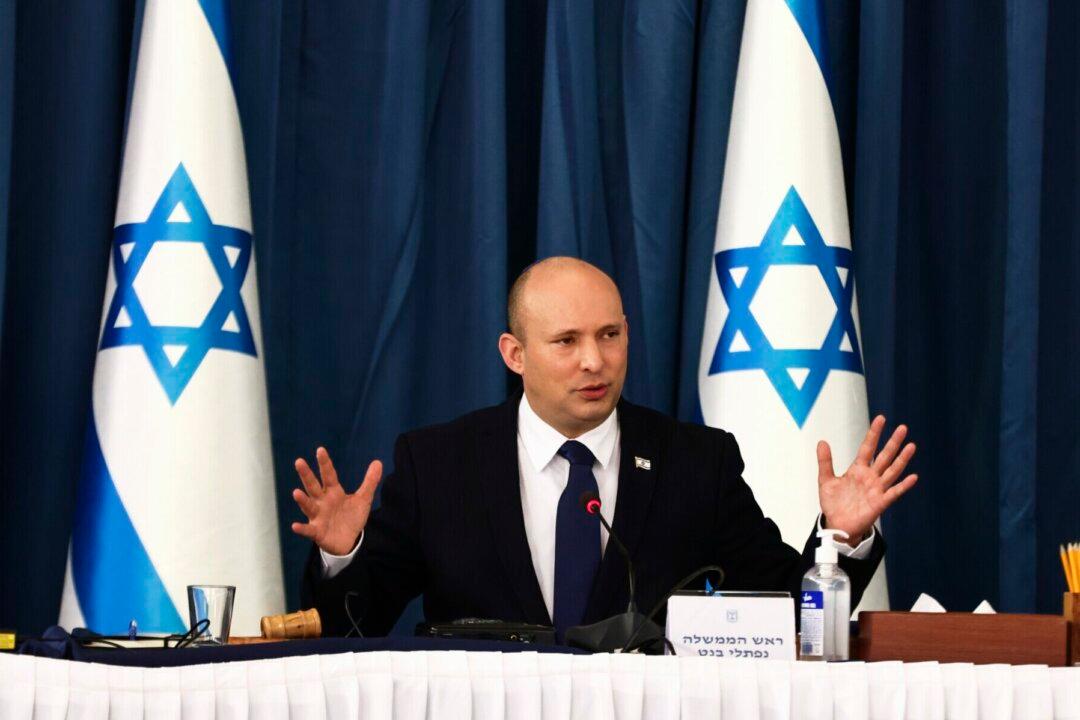Israel said on Tuesday it will not be bound by any new nuclear deal with a goal of reviving the Iranian 2015 nuclear accord ahead of international talks with world leaders next week.
“In any event, even if there is a return to a deal, Israel is of course not a party to the deal and Israel is not obligated by the deal,” Prime Minister Naftali Bennett said during a news conference hosted by Reichman University.





